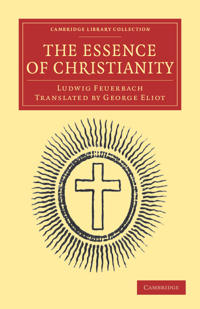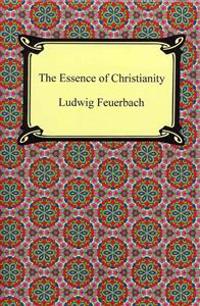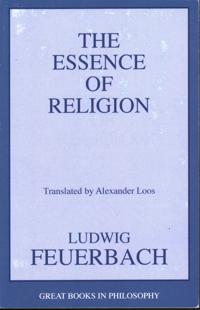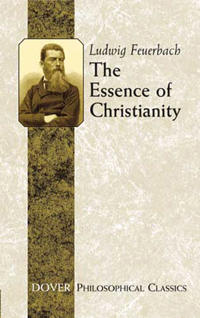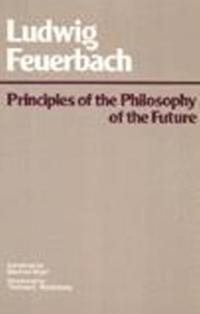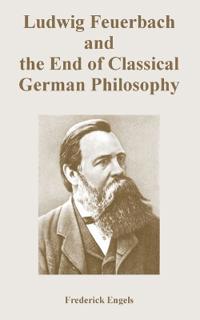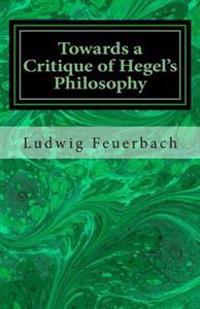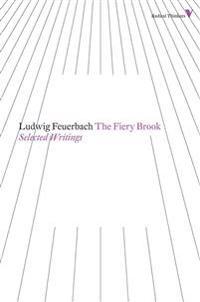The Essence of Christianity (Pocket)
avLudwig Feuerbach, Marian (TRN) Evans, Ludwig Feuerbach
ISBN: 9781108040310 - UTGIVEN: 2011-12Ludwig Feuerbach (1804-72), the German philosopher and a founding member of the Young Hegelians, a group of radical thinkers influenced by G. W. F. Hegel (1770-1831), was an outspoken critic of religion, and the 1841 publication of this work established his reputation. In the first part of the book [...]
The Essence of Christianity (Pocket)
avLudwig Feuerbach, George Eliot, Ludwig Feuerbach
ISBN: 9781420945270 - UTGIVEN: 201201The Essence of Religion (Pocket)
avLudwig Feuerbach, Alexander (TRN) Loos, Ludwig Feuerbach
ISBN: 9781591022138 - UTGIVEN: 2004-06"Originally published in 1845, this digest of thirty lectures by one of Germany's most influential humanist philosophers extends the critique expounded in "The Essence of Christianity" (1841) to religion as a whole." The main thrust of Feuerbach's analysis of religion is aptly summed up in the origi[...]
Thoughts on Death and Immortality: From the Papers of a Thinker, Along with an Appendix of Theological Satirical Epigrams, Edited by One of His Friends (Övrig)
avLudwig Feuerbach
ISBN: 9780520040625 - UTGIVEN: 1981-02-25Never translated before, "Thoughts on Death and Immortality" was the first published work of Ludwig Feuerbach (1804-1872). The scandal created by portrayal of Christianity as an egoistic and inhumane religion cost the young Hegelian his job and, to some extent, his career. Joining philosophical argu[...]
The Essence of Christianity (Inbunden)
avLudwig Feuerbach
ISBN: 9780879755591 - UTGIVEN: 1989-10In this, one of the most influential works of the post-Hegelian era, Feuerbach captures the synthesis that emerges from the dialectical process of a transcending Godhead and the rational and material world. In understanding the true nature of what it means to be fully human, Feuerbach contends that [...]
Principles of the Philosophy of the Future (Pocket)
avLudwig Feuerbach
ISBN: 9780915145270 - UTGIVEN: 1986-05Towards a Critique of Hegel's Philosophy (Häftad)
avLudwig Feuerbach
ISBN: 9781490923055 - UTGIVEN: 2013-07The Fiery Brook (Häftad)
avLudwig Feuerbach
ISBN: 9781781680216 - UTGIVEN: 201301Feuerbach's departure from the traditional philosophy of Hegel opened the door for generations of radical philosophical thought. His philosophy has long been acknowledged as the influence for much of Marx's early writings. Indeed, a great amount of the young Marx must remain unintelligible without r[...]

